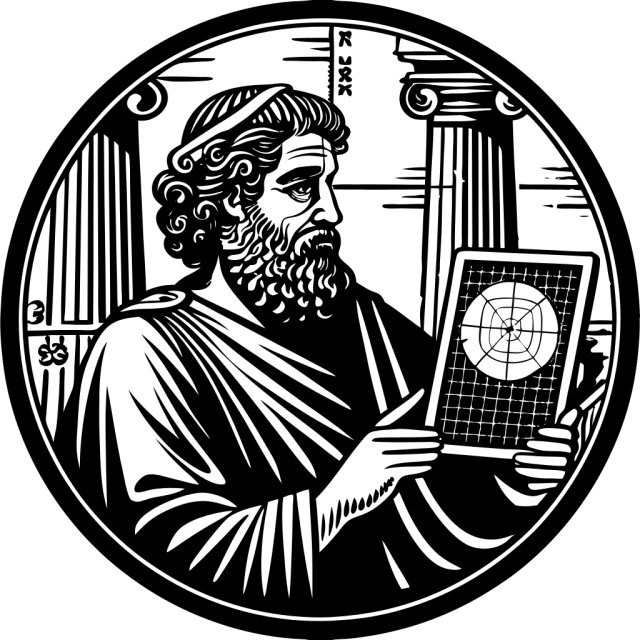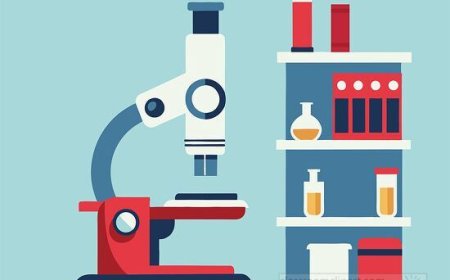Archimedes for Kids: Discover the Genius of Ancient Greece
Learn about Archimedes, the ancient Greek mathematician and inventor. Explore his inventions, principles of buoyancy, the Archimedes Screw, and why his ideas still matter today. Perfect guide for kids and students.

🧠 Archimedes: The Brilliant Mind of Ancient Greece
Introduction
Archimedes was one of the greatest scientists and mathematicians of the ancient world. Born more than 2,000 years ago in Sicily, he discovered important principles about math, physics, and engineering that still influence us today. From inventing clever machines to figuring out how levers work, Archimedes left a huge legacy that changed the world.
In this guide, you’ll learn about his life, famous inventions, and why he’s still remembered as a genius.
Early Life and Education
Archimedes was born around 287 BCE in Syracuse, a Greek city on the island of Sicily. His father, Phidias, was an astronomer who likely encouraged young Archimedes to study science.
Even as a boy, Archimedes showed incredible curiosity and talent for solving problems. He traveled to Alexandria, Egypt, where he learned from some of the greatest mathematicians of his time.
Major Contributions and Inventions
Archimedes made discoveries that helped shape modern science. Let’s look at some of his most famous ideas and creations.
The Archimedes Screw
This device is a spiral-shaped tube used to lift water from lower places to higher places. Farmers and engineers used it to irrigate fields, drain water, and fill canals. Even today, versions of the Archimedes Screw are used in machinery and water pumps.
The Law of the Lever
Archimedes showed how levers work. He explained that if you balance a beam on a point (called the fulcrum), you can lift heavy objects by applying force to the other side. He famously said:
“Give me a place to stand, and I will move the Earth.”
This idea is the basis for seesaws, crowbars, and many tools.
The Principle of Buoyancy
This principle explains why things float. Legend says Archimedes discovered it while taking a bath. When he got into the tub, he noticed the water level rose. He realized that an object displaces water equal to its weight. Excited, he ran through the streets shouting “Eureka!”, which means “I have found it!”
Today, this principle helps us design ships and submarines.
War Machines
During the Roman siege of Syracuse, Archimedes designed clever war machines to defend his city, including:
- Giant catapults
- Huge claw cranes that lifted enemy ships
- Possibly mirrors that focused sunlight to set ships on fire (although historians debate this story)
Mathematical Achievements
Archimedes made important discoveries in geometry and mathematics:
- He calculated the value of pi (π) more accurately than anyone before him.
- He proved formulas for the surface area and volume of spheres and cylinders.
- He invented a method similar to calculus (which wasn’t officially created until 2,000 years later!).
Later Life and Death
Archimedes continued working until his old age. Sadly, during the Roman invasion of Syracuse around 212 BCE, he was killed by a Roman soldier. Legend says he was drawing geometric figures in the sand and told the soldier, “Do not disturb my circles.”
His death marked the end of a golden era of Greek science.
Why Archimedes Matters Today
Archimedes’ discoveries are everywhere:
- Water pumps and irrigation systems use his screw design.
- Engineers use his lever and buoyancy principles.
- His math laid foundations for modern geometry and physics.
He inspired generations of scientists, including Galileo and Isaac Newton.
Vocabulary List
| Word | Definition |
|---|---|
| Archimedes Screw | A machine that lifts water using a rotating spiral tube |
| Buoyancy | The ability of an object to float in water or air |
| Lever | A rigid bar that pivots on a point to move a load |
| Fulcrum | The point on which a lever rests or turns |
| Catapult | A device that hurls objects through the air |
| Pi (π) | A math symbol showing the ratio of a circle’s circumference to diameter (about 3.1416) |
| Calculus | A branch of mathematics studying change and motion |
| Cylinder | A 3D shape with circular ends and straight sides |
| Sphere | A perfectly round 3D shape, like a ball |
| Eureka | A Greek word meaning “I have found it” |
Fun Facts About Archimedes
- He loved solving puzzles and riddles.
- The word “Eureka!” is still used to celebrate discoveries.
- He used math to figure out if a king’s crown was pure gold.
- Archimedes’ work inspired the development of calculus.
- Some of his books were lost for centuries and rediscovered later.




















































